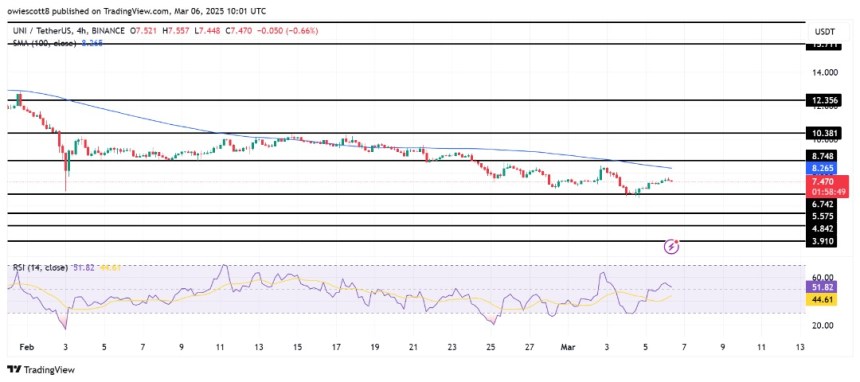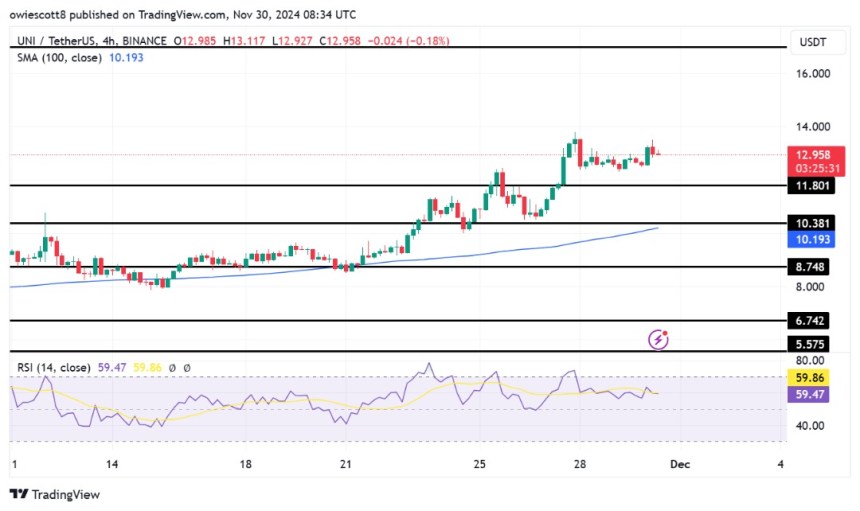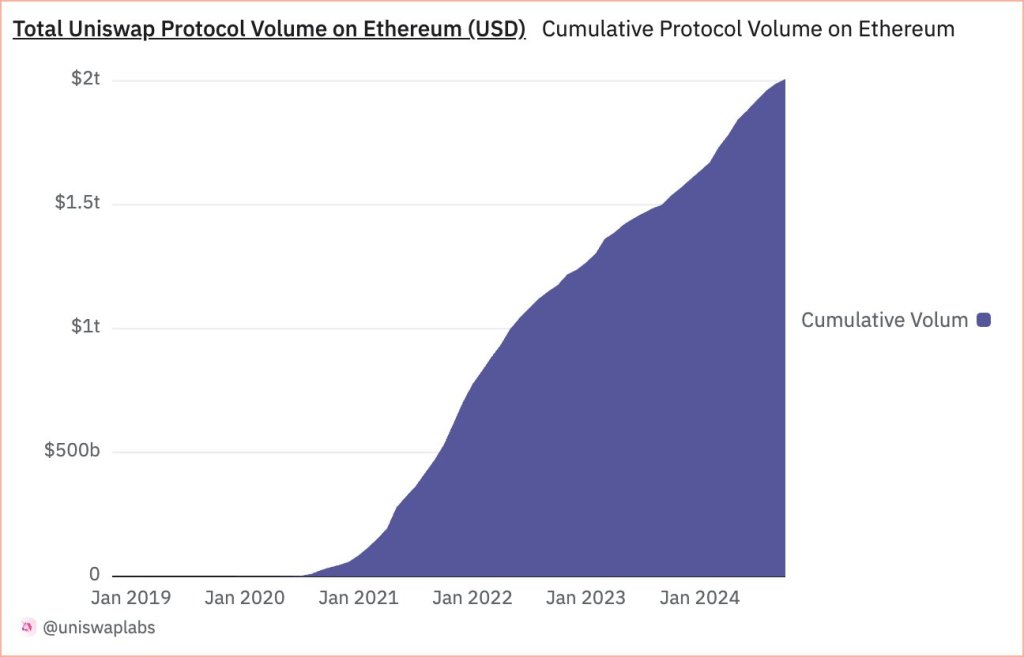2023-3-15 19:46 |
The company behind the popular decentralized exchange platform Uniswap Labs announced its launch on the Binance Smart Chain (BNB) via its official Twitter handle. Developed by crypto exchange Binance, the BSC was launched as a cheaper and more scalable solution to Ethereum and other layer-1 blockchains.
Uniswap Diversifies, What’s The Impact On The Platform?According to the announcement, the launch of Uniswap on the BSC will make it more accessible to a “wider audience.” As mentioned, the BSC offers its users access to fast and low-cost transactions with an identical interface to its Ethereum counterpart.
Despite attends to provide Ethereum with more scalability, the blockchain continues to see high network fees. This phenomenon renders some users incapable of affording to transact on the network. This launch attempts to fix the issue while onboarding more people to the crypto trading platform.
Alvin Kan, Director of Growth at the BNB chain, told The Block the following about their integration with Uniswap:
With BNB Chain’s thriving and dedicated community, scalability, and accessibility, it is a launchpad for all things web3, where protocols looking to reach larger audiences can grow.
The Uniswap integration with the BSC might usher in a new era for the DEX and its competitors. At the high of its popularity, the Pancakeswap DEX took market share from Uniswap due to its low fees, fast transactions, and ability to generate high yields with its liquidity pools.
Now, the landscape changed and could continue to change. The chart below shows Pancakeswap’s declining trading volume and daily activity users. The crypto bear market and new alternatives could contribute to the trend.
On the other hand, Uniswap’s metrics are blooming. Its trading volume and daily active user are some of the highest in the past year and are likely to keep rising with this BSC integration.
Kan added:
We are delighted to see Uniswap’s continued commitment to delivering value to its users and building for the future of decentralization.
origin »Bitcoin price in Telegram @btc_price_every_hour
Binance Coin (BNB) на Currencies.ru
|
|















